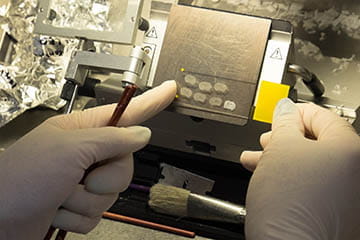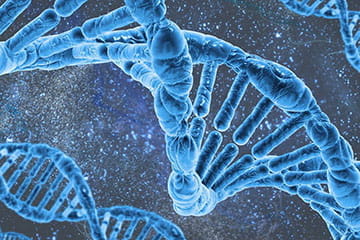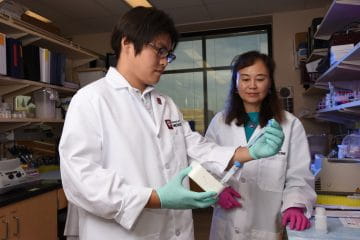Functional and Comparative Anatomy PhD Concentration
The Functional and Comparative Anatomy PhD Concentration within the Department of Anatomy, Cell Biology and Physiology provides students with discipline-specific research training along with extensive experience in teaching of the anatomical sciences to professional and undergraduate students. The mission of the program is to produce outstanding graduates who are prepared for careers as independent investigators and educators.
Curriculum
In addition to the traditional areas of study (including gross anatomy, microscopic anatomy, neuroanatomy and embryology), the curriculum includes core courses in cell biology and statistics and a wide selection of elective courses.
Minor Students are required to complete coursework in a chosen minor, which then allows personalization of coursework to fit the students’ chosen research interests. A wide selection of established minors are available, including anthropology, clinical research, communicating science, life sciences and translational science.
Research
Each student conducts original scientific research under the supervision of a faculty member culminating in the oral defense of a written thesis. Topics cover a wide range of fields, including comparative and functional anatomy, musculoskeletal biology, neuroscience, paleoanthropology, and renal biology. Doctoral students also gain teaching experience in discipline-specific fields of gross anatomy, embryology, histology and neuroanatomy.
Other Program Requirements Students engage in all areas of didactic, team-based learning, and cadaver-laboratories for professional and undergraduate students. For more information and program requirements, email Dr. Margaret McNulty: mcnultma@iu.edu.
Faculty Research Labs
Details on the research interests of current faculty are available on faculty lab web pages:


